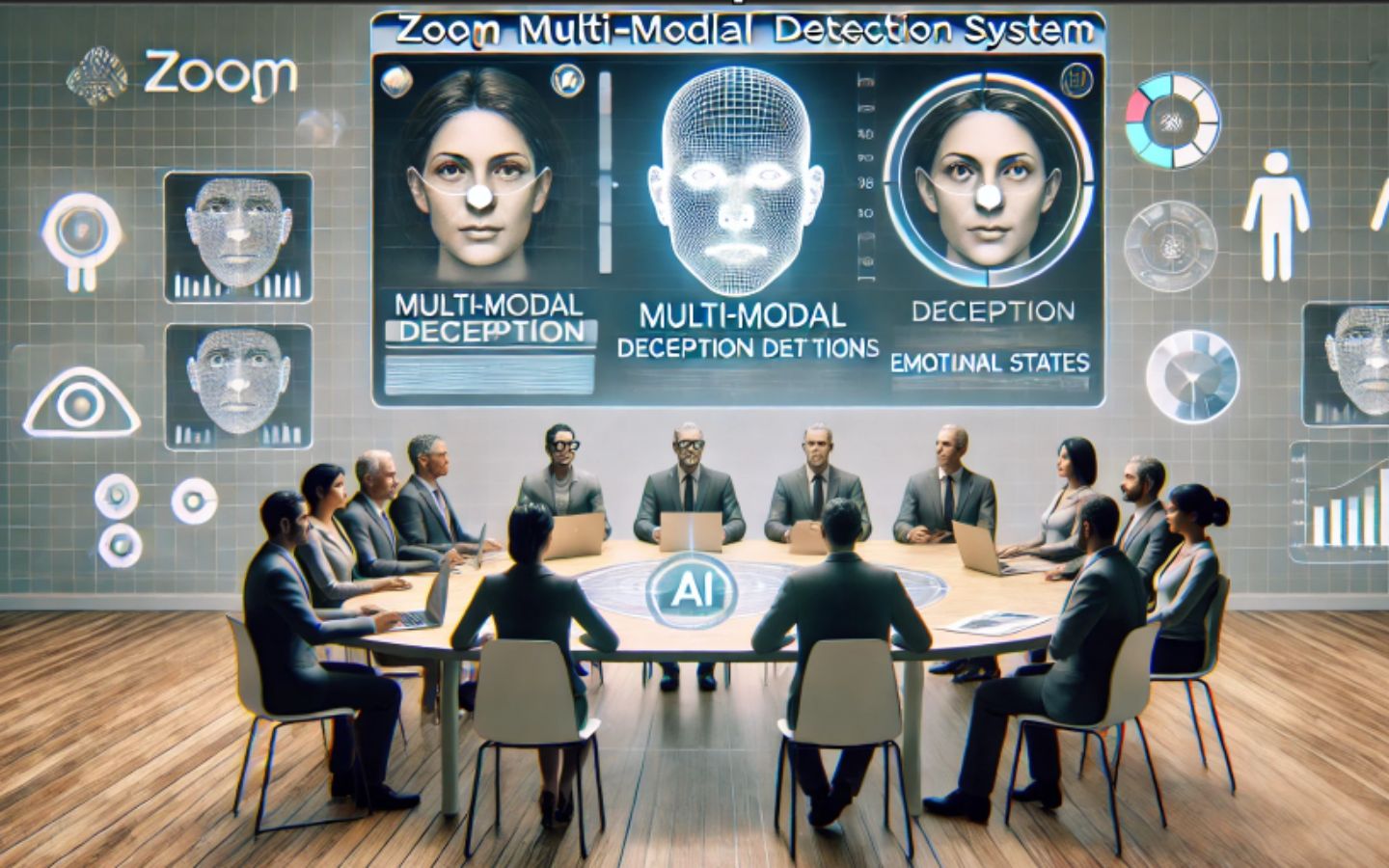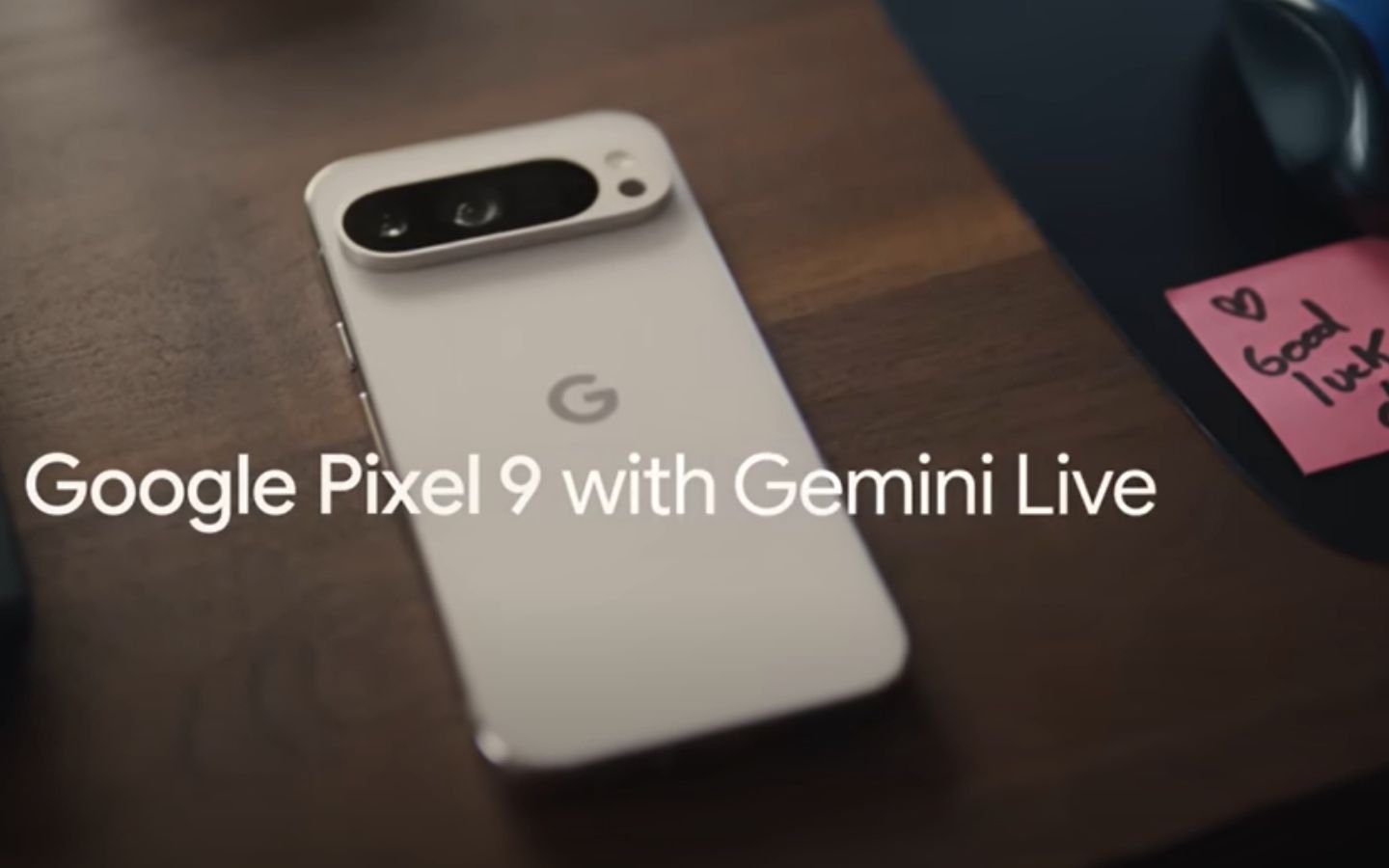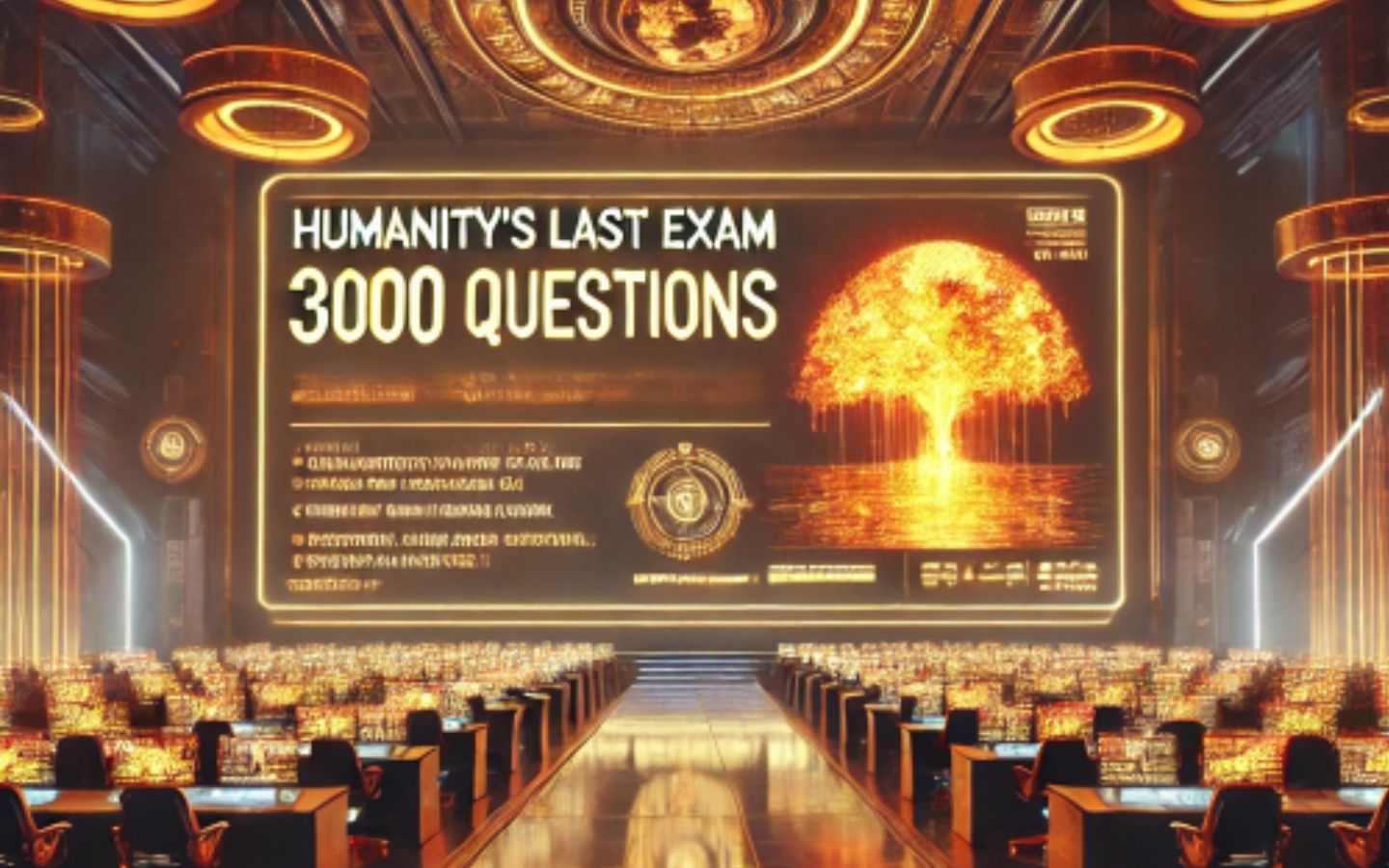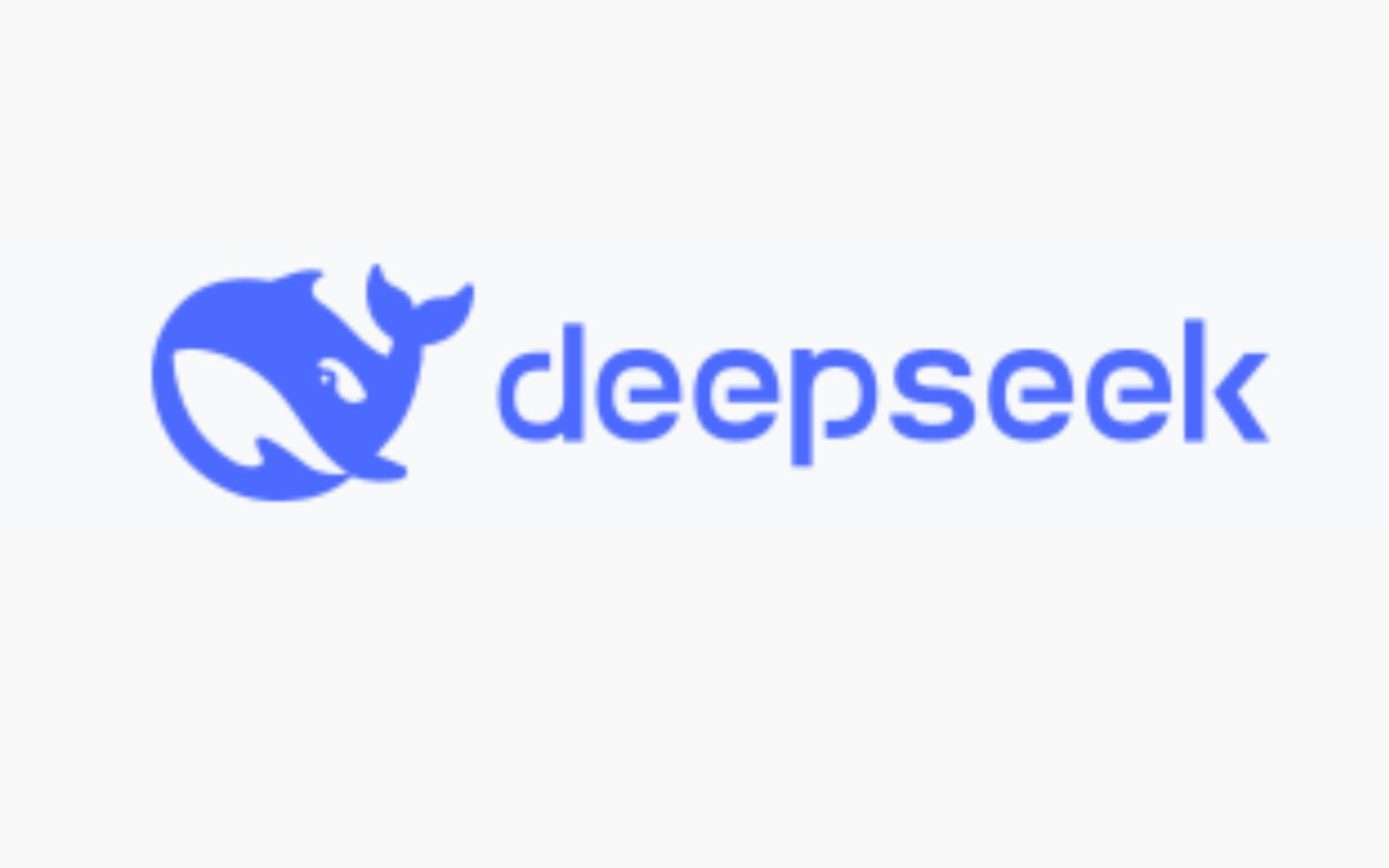Greetings AI Thinkers,
This week’s Leadership CONNECT:
1. Spark of the week: 5 Tips to Deal With the Risk of Cognitive Offloading
2. Git Tool: Zoom Multi-Modal Deception Detection System (Source: Reuven Cohen)
3. Video: Super Bowl Ads – OpenAi Dots vs. Google Gemini to Be a Father (Source: Techradar)
4. Benchmark AI: Humanity’s Last Exam 3000 Questions (Podcast – By Google Notebook: 18m)
5. Site: ai.com (Source: DeepSeek)
Happy Thinking,
Dr. Yesha Sivan and the MindLi Team
P.S. Comments, ideas, feedback? Send me an e-mail.
1. Spark of the Week: Five Tips for Dealing With the Risk of Cognitive Offloading
Define: Cognitive Offloading
When you use a calculator, you lose the ability to make calculations in your head and even on paper. The more we use keyboards, the less we write in cursive. The more we use digital maps like Google Maps or Waze, the more we lose the ability to navigate using traditional maps or natural landmarks like the sun.
In general terms, the more we rely on tools, the more we lose the ability to perform tasks manually. As we move further from the details, we lose the ability to fix mistakes and think critically. We may even lose the ability to assess the accuracy of outputs.
This is the danger of cognitive offloading.
Cognitive offloading is best exemplified in Asimov’s short story The Feeling of Power from the collection Nine Tomorrows. Characters rely completely on computers for arithmetic, losing the ability to perform basic calculations manually, which underscores the dangers of over-dependence on technology.
The modern world is full of cognitive and physical offloading. We are no longer hunting for food; we buy it. We no longer run long distances; we take a car or public transportation.
Thinking AI takes this to a new level. When we searched with old Google, we received several answers—we had to choose. When we search or ask AI, we get one answer.
One Research Study: Cognitive Offloading and AI
Research is addressing this challenge in the context of AI. A recent (2025) Carnegie Mellon University and Microsoft Research paper led by Hank Lee surveyed 319 knowledge workers. One key conclusion: “Higher confidence in GenAI is associated with less critical thinking, while higher self-confidence is associated with more critical thinking.”
The right way to use GenAI is to shift the essential nature of thinking toward information verification, response integration, and task stewardship because thinking itself can be offloaded.
Five Tips for AI Thinkers to Mitigate Cognitive Offloading
- Be aware of cognitive offloading—its pros and cons.
- Invest time in thinking tasks—reflect, verify, and cross-check outputs.
- Treat all information as potentially false—verify and look for primary sources.
- Use AI tools to verify truthfulness—tip: MindLi has a function that provides a detailed report.
- Take breaks and reflect—step back periodically to process and internalize information, ensuring meaningful understanding rather than mere accumulation. Consult other humans and other AI systems.
In conclusion, I quote Erik Brynjolfsson: “Henry Ford didn’t set out to build a car that could mimic a person’s walk, so why should AI. Experts try to build systems that mimic a person’s mental abilities?”
2. Git Tool: Zoom Multi-Modal Deception Detection System (Source: Reuven Cohen)
From this post by Reuven Cohen
This isn’t just another AI gimmick—it’s a multi-modal deception detection system that leverages neurosymbolic AI, recursive reasoning, and reinforcement learning to analyze facial expressions, vocal stress, and linguistic cues in real time. I used OpenAi Deep Research to build it, and it appears to work. (Tested on the nightly news)
Recursive uncertainty estimation (yes, really) ensures that when modalities (audio, visual or sensory) disagree, or confidence is low, the system adapts—either requesting additional data, consulting prior knowledge, or deferring to human oversight. This makes it far more than just a deep learning model—it’s an adaptive reasoning engine for deception analysis.
But with great power comes great responsibility. This tool reveals the truth, but how you use it is up to you.
3. Video: Super Bowl Ads – OpenAi Dots vs. Google Gemini to Be a Father (Source: Techradar)
The competition between AI technologies is intensifying, particularly between Google and ChatGPT.
– Super Bowl ads from both companies highlight their strategies and innovations in the AI space.
– The effectiveness of their marketing efforts may influence public perception and adoption of their AI products.
– The outcome of this rivalry could shape the future landscape of artificial intelligence.
– Observing their advertising approaches can provide insights into their respective strengths and weaknesses in the AI market.
4. Benchmark AI: Humanity’s Last Exam 3000 Questions (Podcast – By Google Notebook: 18m)
Benchmarks are essential tools for tracking the rapid advancements in large language model (LLM) capabilities. However, benchmarks are not keeping pace in difficulty: LLMs now achieve over 90% accuracy on popular benchmarks like MMLU, limiting informed measurement of state-of-the-art LLM capabilities. In response, we introduce Humanity’s Last Exam, a multi-modal benchmark at the frontier of human knowledge, designed to be the final closed-ended academic benchmark of its kind with broad subject coverage. The dataset consists of 3,000 challenging questions across over a hundred subjects. We publicly release these questions while maintaining a private test set of held-out questions to assess model overfitting.
For more info, check out :
5. Site: ai.com (Source: DeepSeek)
AI.Com is your gateway to Deep Seek, leading you into the future of discovery.
Think about the possibilities.
The journey starts now
About MindLi CONNECT Newsletter
Aimed at AI Thinkers, MindLi CONNECT newsletter is your news source and inspiration.
Enjoy!
MindLi – The Links You Need
General:
- Website — MindLi.com — All the details you want and need.
- LinkedIn — MindLi 🌍 GLOBAL Group — Once a week or so, main formal updates. ⬅️ Start here for regular updates.
- WhatsApp — MindLi Updates — If you need it, the same global updates will be sent to your phone for easier consumption. This is similar to the above Global group — once a week or so.
- Contact us – We’re here to answer questions, receive comments, ideas, and feedback.
Focused:
- LinkedIn — MindLi 🧠 AI Group — More technical updates on AI, AGI, and Human thinking. ⬅️ Your AI ANTI-FOMO remedy — Almost Daily.
- LinkedIn — MindLi 👩⚕️HEALTHCARE Group — Specifically for our favorite domain — healthcare, digital healthcare, and AI for healthcare — Weekly.
- LinkedIn — MindLi 🛠️ FOW – Future of Work Group — thinking about current and future work? This is the place for you — Weekly.
- LinkedIn — MindLi 🕶️ JVWR – Virtual Worlds Group — About virtual worlds, 3D3C, JVWR (Journal of Virtual World Research), and the good old Metaverse — Monthly.
- LinkedIn — MindLi Ⓜ️ Tribe Group — Our internal group for beta testers of MindLi, by invite — when we have updates, call for advice, need for testing, etc (also ask about our special WhatsApp group).







